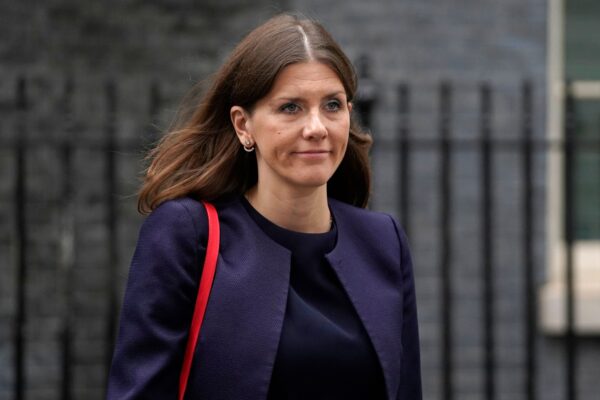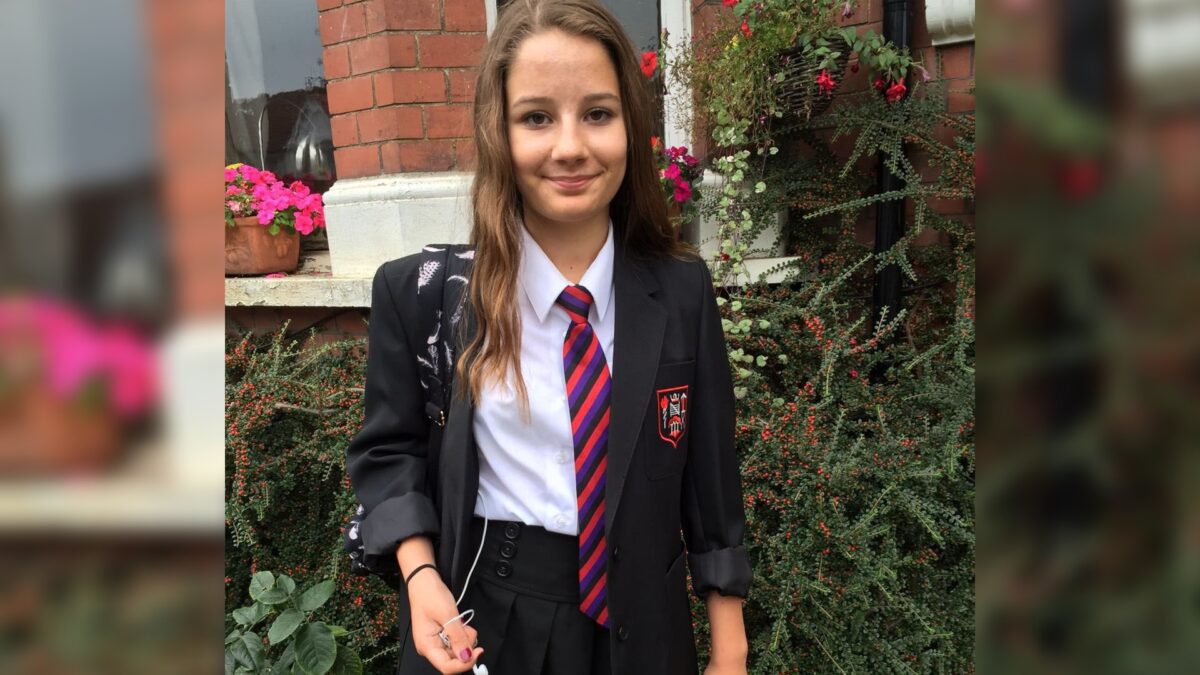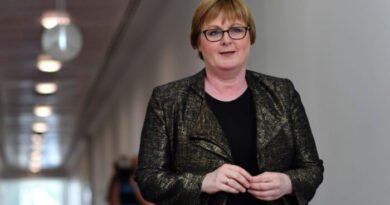Encouraging Self-Harm Online Will Become Criminal Offence Under UK’s Online Safety Bill
Online encouragement of self-harm will be criminalised under an updated version of the Online Safety Bill, the UK government has said.
Culture secretary Michelle Donelan said the update would create a new offence that would target communications that encourage someone to physically harm themselves, making it illegal to do so, and bringing it in line with communications that encourage suicide, which are already illegal.

Social media platforms will be required to remove such content, and any person found to have sent such communications will face prosecution.
“I am determined that the abhorrent trolls encouraging the young and vulnerable to self-harm are brought to justice,” Donelan said.
The minister added: “So I am strengthening our online safety laws to make sure these vile acts are stamped out and the perpetrators face jail time. Social media firms can no longer remain silent bystanders either and they’ll face fines for allowing this abusive and destructive behaviour to continue on their platforms under our laws.”
Deputy Prime Minister and justice secretary Dominic Raab said: “Lives and families have been devastated by those who encourage vulnerable internet users to self-harm. Our changes will ensure the full force of the law applies to those callous and reckless individuals who try to manipulate the vulnerable online in this way.”
Molly Russell’s Suicide
The Department for Digital, Culture, Media, and Sport (DCMS) said the changes to the Online Safety Bill had been influenced by the case of Molly Russell.
Russell, a 14-year-old girl from Harrow, northwest London, who her father said showed no obvious signs of mental illness, took her own life on Nov. 21, 2017. She had viewed online content related to depression and self-harm for months.

In January 2019, more than a year after Molly’s death, her father Ian Russell told The Times of London that the family had found several dozen Instagram accounts Molly had followed with tags such as sad, lonely, or depressed, and one they looked at had graphic self-harming images.
He also said Pinterest had sent the teen automated messages recommending depression-related content based on her browsing history.
Following a five-year inquest, a coroner concluded in September 2022 that “negative effects of online content” were a contributing factor in her death.
Coroner Andrew Walker said Molly had access to “images, video clips, and text concerning or concerned with self-harm, suicide, or that were otherwise negative or depressing in nature.”
“The platform operated in such a way using algorithms as to result, in some circumstances, of binge periods of images, video-clips, and text, some of which were selected and provided without Molly requesting them,” he said.
Walker said some content “romanticised acts of self-harm by young people on themselves,” while other content “sought to isolate and discourage discussion with those who may have been able to help.”
Regulating Online Spaces
The Online Safety Bill is due to return to Parliament early in December after a number of delays and after a latest round of updates.
In addition to the self-harm measure, the government has announced other new offences being added to the bill that would crack down on the sharing of intimate images without consent.
The bill, which would be the first major set of regulations for the internet anywhere in the world, was introduced in Parliament on March 17. The bill is intended to “protect children from harmful content such as pornography and limit people’s exposure to illegal content, while protecting freedom of speech.”
Under the bill, the biggest social media platforms such as Google, Twitter, and Meta must carry out risk assessments on the types of harms that could appear on their services and how they plan to address them, setting out how they will do this in their terms of service. Communications regulator Ofcom will have the power to fine companies failing to comply with the law up to 10 percent of their annual global turnover.
The bill has been criticised by politicians within the ruling Conservative Party as well as free speech activists such as the Free Speech Union, who warn of the bill’s consequences for the freedom of expression.
In July, Conservative MP David Davis said that “the bill could end up being one of the most significant accidental infringements on free speech in modern times.”
In May, leading media law expert Gavin Millar, QC, wrote in a legal opinion for the freedom of expression campaign group Index on Censorship that everyone who uses the internet will be affected by the Online Safety Bill, and that it will “significantly curtail freedom of expression in a way that has profound consequences.”
Owen Evans and PA Media contributed to this report.





